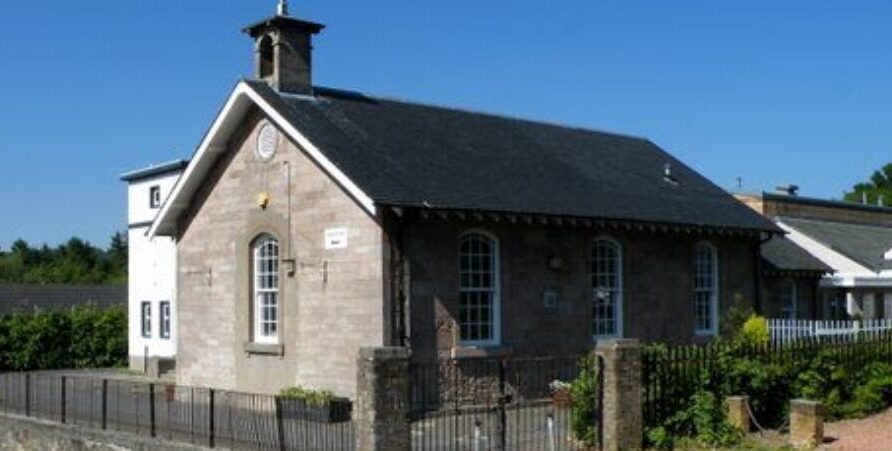Dear Parents,
As your child’s prime educator you already provide lots of learning opportunities for your children’s education. During this time continue to engage your children in all the experiences you already provide at home. We have also compiled a bank of suggested activities to help your child access the school curriculum. We hope you find these helpful!
Numeracy Activities
- Practise the 4, 5, 6, 7, 8 and 9 times tables
- Write out the common multiples of the 3 and 4 times tables
- Write out the common multiples of the 6 and 8 times tables
- Write down the factors of 12, 18, 20 and 32
- Find fractions of as many whole numbers as you can using the times tables facts e.g. ¼ of 16 = 4, ½ of 40 = 20
- Can you think of any situations you may be in, where understanding what percentages are would help you?
- Write out as many percentages as you can as a fraction e.g. 50% = ½
- How many £1 are there in £20? How many 50p are there in £10? How many 20p are there in £2? How many 10p are there in £5?
- Think of your favourite meal. Can you work out how much it costs to buy all of the ingredients required for that meal? (Use tesco.com or an adult for help finding the cost of each item)
- Count up (and down) in 10s and then 20s to 200
- Mentally add the doubles of all the numbers from 1 to 100 e.g. 46 + 46 or 28 +28
- Mentally calculate what needs to be added to a 3 digit number to make the next multiple of 100 e.g. 245 + ? = 300 or 762 + ? = 800
- Practise mentally adding any pair of 2 digit numbers e.g. 16 + 33 or 57 + 81
- Practise telling the time using a digital and an analogue clock – don’t just stick to quarter past/to or half past/o’clock times!
Numeracy Websites
- https://www.sumdog.com/user/sign_in?to=%2Femails
- Countdown maths game to practice addition, subtraction, multiplication and division fluency: http://happysoft.org.uk/countdown/numgame.php
- Carol Vorderman website for continued revision and learning (free sign up over school closure): http://themathsfactor.com
- Games and challenges to complete: https://nrich.maths.org/primary
- www.mathszone.co.uk
- https://www.mathplayground.com/
- https://www.transum.org/
- https://www.topmarks.co.uk/maths-games/5-7-years/counting
- https://natwest.mymoneysense.com/students/students-8-12/
- http://www.mrcrammond.com/curriculum_for_excellence_maths.html
- http://www.primaryhomeworkhelp.co.uk/maths/countdown/index.htm
- http://www.primaryresources.co.uk/maths/maths.htm
- Maths games https://www.abcya.com/
- Maths games https://www.arcademics.com/
- Maths as a fun part of your daily family routine http://bedtimemath.org/
- Jack Hartmann on Youtube https://www.youtube.com/user/JackHartmann
Literacy Activities
- Read a chapter in a book you have at home. Can you identify any words, which contain a prefix? How many did you find? Repeat the activity above for suffixes
- Use a recipe at home and pick out all of the ‘bossy’ verbs that you can find
- Re-write a passage (1 or 2 paragraphs) from a book you have at home. Swap a few of the words within the passage for ‘silly’ alternatives. Challenge an adult at home to find the silly words and suggest what should really be there
- Can you create 10 HOTS (high order thinking skills) questions that you could ask a classmate to answer about a book you have at home
- Write 5 boring sentences. Now up level them and make sure they each contain an example of VCOP
- Create an acrostic poem about the Corona Virus. Make sure you include information about your thoughts and feelings in the poem.
- Think of your favourite board game. Write a set of instructions that you could give to someone else your age, who has never played that game before. Don’t forget to include a list of equipment too!
- Write a letter to your teacher telling him/her about what you have been doing while you have been away from school. Make sure you lay the letter out in the correct style
- Watch the lunchtime news. Now write a few paragraphs, summarising all the main stories. Create an eye-catching headline for each main story too.
- Ask an adult to dictate some sentences to you which contain some of your words
- Play ‘be the teacher’ and challenge an adult to spell some of your words – be sure to choose the trickiest ones!
- Use the following active spelling strategies to practise your words: hang-man, tennis, rainbow writing, pyramids, cut and stick letters, use your weak hand
- Create a story board using: https://www.storyboardthat.com/storyboard-creator
- Watch videos on Literacy Shed and write a story about what you have watched: https://www.literacyshed.com/the-ks1-shed.html
- Explore World Book Day website: https://www.worldbookday.com/
- Explore BBC Author’s Live website: https://www.bbc.co.uk/events/rhvg9r/by/date/2020/03
- Explore Puffin website: https://www.worldbookday.com/wbdtv/
Literacy Websites
- Reading games https://www.funbrain.com/
- Phonics skills https://www.starfall.com/h/
- Read, play games, and hang out with Dr. Seuss https://www.seussville.com/
- Favourite children’s books read by famous people https://www.storylineonline.net/
- Spelling and reading games https://www.abcya.com/
- Language games https://www.arcademics.com/
- Alphablocks you tube channel https://www.youtube.com/channel/UC_qs3c0ehDvZkbiEbOj6Drg

